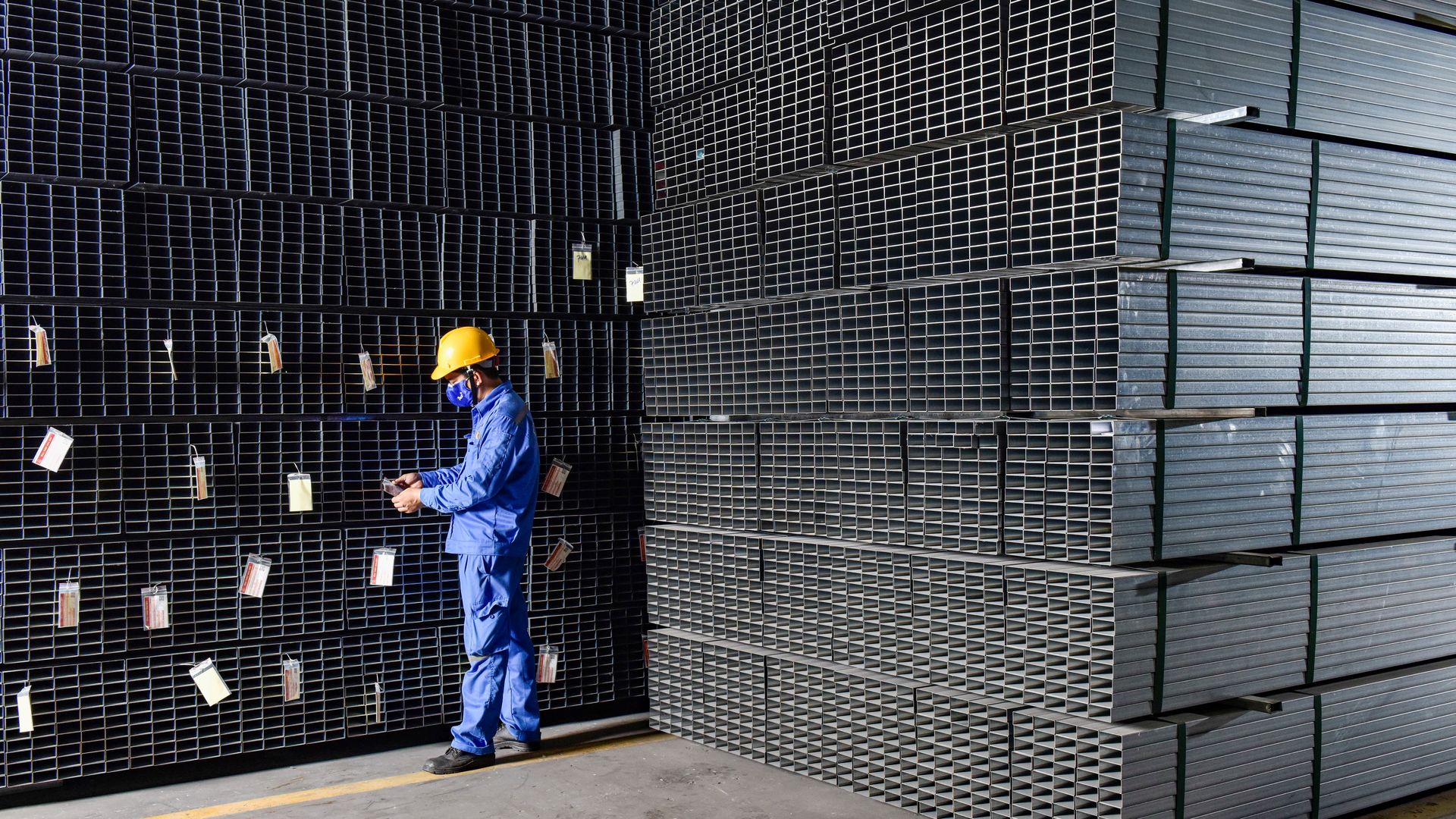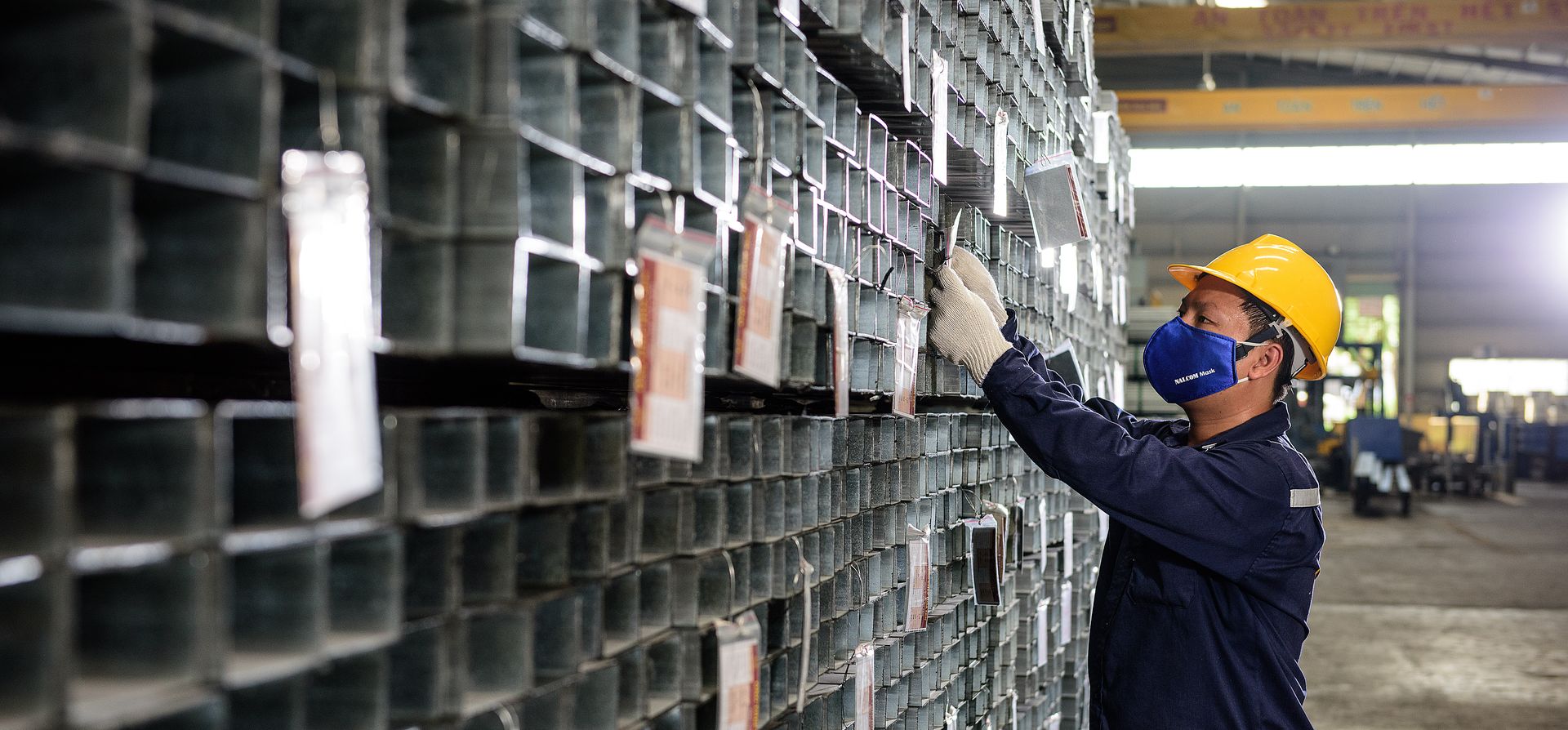Industrial metals prices are being affected by sluggish economic development, but zinc and aluminum are anticipated to perform better if sky-high energy prices compel European smelters to further reduce output, creating more shortages.
Since reaching record highs in March, metal prices, including those of copper, aluminum, and zinc, have fallen between 20 and 50 percent, as rising interest rates push the globe into recession and weakening metals demand.
But since Russia invaded Ukraine, the cost of energy used by smelters has skyrocketed, especially in Europe where there is a shortage of Russian gas and oil. This trend is projected to continue into the coming winter.
Large quantities of power are needed to smelt zinc, which is used to galvanize steel, and aluminum, which is utilized in the building, packaging, and transportation sectors.
Aluminum and zinc prices increased by 60% and 65% respectively between August 2021, when energy costs first started to soar, and the peak in early March.
The largest producer of zinc in Europe, Glencore, has described production as "extremely problematic" due to rising electricity costs. 350,900 tons of zinc were produced by Glencore in Europe during the first half of this year.
According to Macquarie analysts, energy now makes up around 80% of the cost of manufacturing aluminum and zinc in Europe, up from historical norms of 40% for aluminum and 50% for zinc.
In addition to reductions of about 800,000 tons for aluminum and 138,000 tons for zinc since the rise in energy costs in 2021, smelter closures in Europe might reduce capacity by 750,000 tons for aluminum and 150,000 tons for zinc this winter.
Additional cutbacks might make the shortfalls worse, which Macquarie forecasts to be approximately 800,000 tons in the market for 70 million tons of aluminum and 200,000 tons in the market for 14 million tons of zinc this year.
Geordie Wilkes, a Sucden analyst, saw a discrepancy between declining metal prices and increasing gas and electricity costs and said that it would likely only be a matter of time until zinc rallied once more.
Low stockpiles of these metals contribute to supply concerns.
Less than 300,000 tons of aluminum are currently in the London Metal Exchange (LME) storage system, down from almost 1.3 million tons a year earlier.
From 240,000 tons a year ago, LME zinc stockpiles have decreased to about 75,000 tons, and more than one-third is already booked for delivery.
However, economists warned that a severe economic recession in Europe and the US later this year might lower demand for metals, potentially offsetting supply reductions and lessening their impact on prices.
Demand reduction may also result from high energy costs or even energy rationing in Europe during the winter.
The materials and information on this article have been prepared or assembled by Viet Nam Steel and are intended for informational purposes only.

